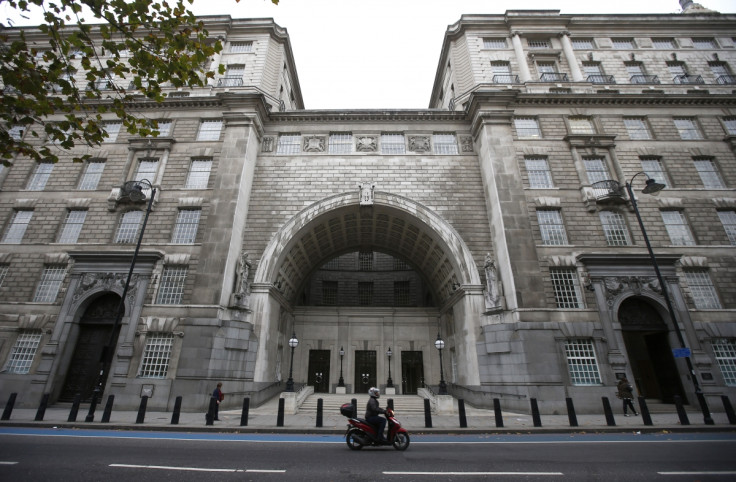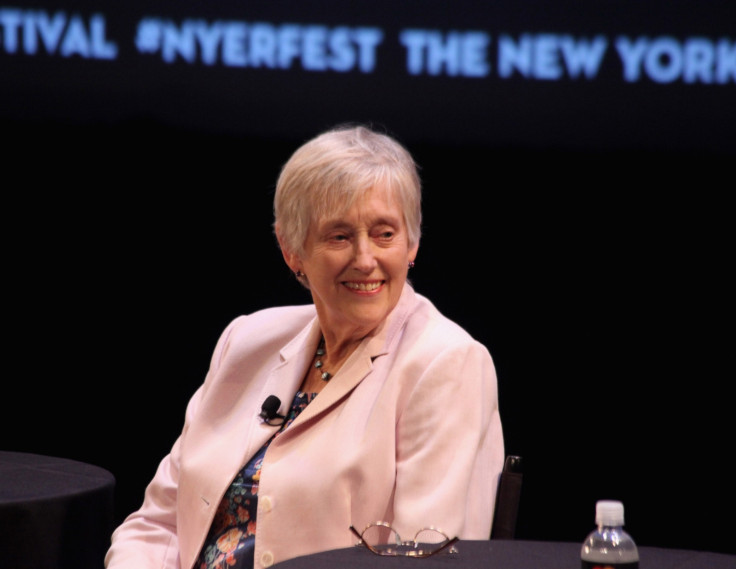Former MI5 chief: 'Nobody really knows how to deal with cyber espionage'
Dame Stella Rimington spoke out at Infosecurity 2017 about her work at MI5.

In an era of unprecedented global threats, from cybercrime to Islamic State-inspired terrorism, a former director general of British intelligence agency MI5 has hit out at those who rush to blame the security services for failing to stop every attack.
Dame Stella Rimington, the first female director general of the agency, spoke out this week (6 June) during a keynote speech at 2017's Infosecurity conference. The former spymaster took the time to urge for a calm response in the wake of recent London terror attacks.
"People look for somebody to blame," she said.
"Okay, blame the terrorists first but then who do you blame next? You blame the police, you blame the security services.
"Dealing with terrorism is a very different thing from dealing with espionage."
Rimington continued: "The intelligence services are better placed now at this time of horrible crisis.
"Change is constant, change has been going on since the dawn of time in this field and it will go on. The key thing is its got to be carefully managed.
"We should not rush because something has happened. Blame you, blame you. Do something else. Throw your hands up in the air. That is not the way to deal with security. I think we are now facing a very different world."
"We are facing a world where there's cyber-espionage now, which nobody really knows how to effectively deal with. We are facing a world of very complex communications which make it very difficult [for] our intelligence services to keep pace with changes taking place."
Indeed, since Rimington left her position in 1996, the world has had major technological changes which have altered the spy game forever.
The complexities around communication interception, for one, are now a major political talking point. She indicated that the leaks from Edward Snowden, and the massive surveillance apparatus he exposed, firmly put the work of security and intelligence agencies under the spotlight.

But the former MI5 chief maintained the long-running conflict between "democracy and security" has been much the same since her time at the agency - and is likely to continue into the future.
"How much should we sacrifice [...] in order for the government to look after us?" she asked rhetorically. "That's the debate that's going on now. Of course, the line will move depending on the threats that the government is trying to protect us against."
With so much technology now, and in a world where nation states and their spies are using cyber-espionage to fuel covert attacks and change the shape of democracy itself, Rimington said she believed the world is more difficult to protect than ever before.
Reflecting back on the period immediately after the end of the Cold War, she said: "That was a moment, we felt, when the world was going to change and change for the better. But it wasn't, in fact. The world has changed, in my opinion, for the worse.
"It seems to me [the security threats] are worse, more complex, and more difficult than at any time during my career."
Rimington's comments come after UK foreign secretary Boris Johnston said MI5 will likely be forced to answer tough questions about how the recent series of London attacks were able to take place and how the terrorist cell was able to slip through the cracks.
He told Sky News: "People are going to look at the front pages today and they're going to say 'how on earth could we have let this guy or possibly more through the net? That is a question that will need to be answered by MI5, by the police, as the investigation goes on."
Police have now named all three of the culprits of the most recent London Bridge incident which resulted in seven fatalities and dozens of injuries, many critical. They were Khuram Shazad Butt, 27, Rachid Redouane, 30, and Youssef Zaghba, 22.
Rimington declined to answer further questions from IBTimes UK after the keynote.
© Copyright IBTimes 2025. All rights reserved.






















